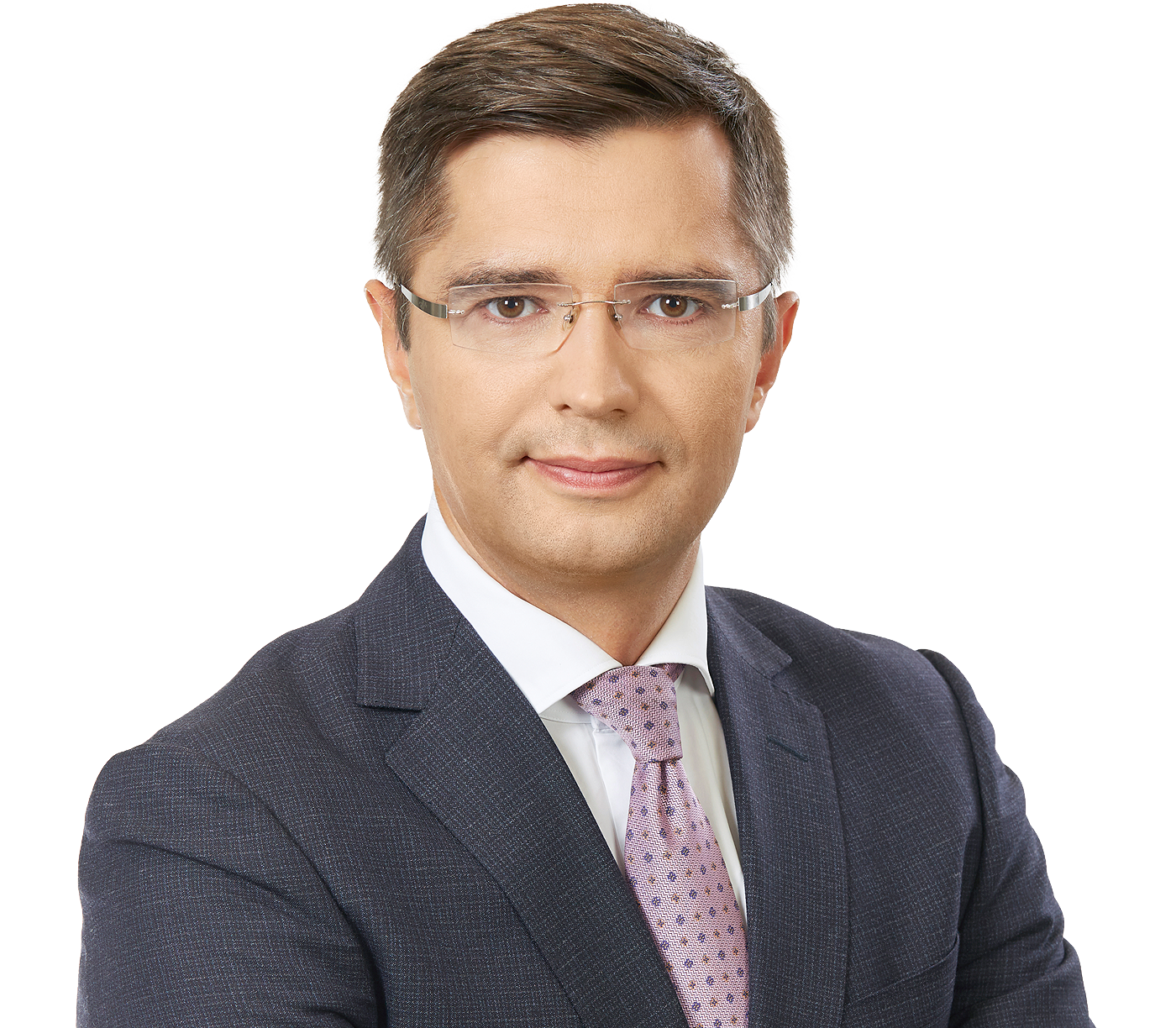Chambers Europe
Andrey Zharskiy has definitely impressed us, he is very results-driven, extremely professional with a great attention to details.

Chambers Europe
Andrey Zharskiy has definitely impressed us, he is very results-driven, extremely professional with a great attention to details.
Andrey Zharskiy is the ALRUD Law Firm Partner, practicing advocate in Russia and solicitor in England and Wales. Andrey is Partner in Corporate and M&A Practice, heading Energy, Natural Resources and Infrastructure Industry Group, Real Estate Practice and co-heading Crisis Management, Economic sanctions and Compliance practice. In 2023 Andrey was elected as a Finance and Investments Committee Chair at the Association of European Businesses.
Andrey has over 20 years of experience in providing legal support for complex and international corporate/M&A and commercial projects, with particular experience in energy and natural resources (including projects involving the extraction and processing of oil, gas, LNG, mining projects in Russia and Africa, infrastructure projects, off-take contracts and oil service contracts); real estate and construction projects (including EPC contracts on various international forms); industrial investment projects in Russia (including joint projects with the government).
Currently, Andrey is actively advising foreign and Russian clients on different issues related to restructuring/exit from the Russian market, sale/acquisition of business, as well as on Russian counter-sanctions regulations applicable to M&A deals and financing matters.
Andrey joined the ALRUD team in 2013 and became a Partner in 2015. Prior to joining ALRUD, Andrey worked at one of Russia’s largest oil companies, and then as the head of the international legal department of a major international group, where he gained unique experience in handling M&A and JV transactions in the energy, metallurgy, and real estate sectors in Russia as well as China and Africa.
We wanted a lawyer whom we can completely rely on and who understands our business and it's Andrey Zharskiy. He is a highly intelligent and experienced lawyer, responsive and reliable. He understands our business and our true needs, so that our interests and risks are always properly protected. Chambers Europe